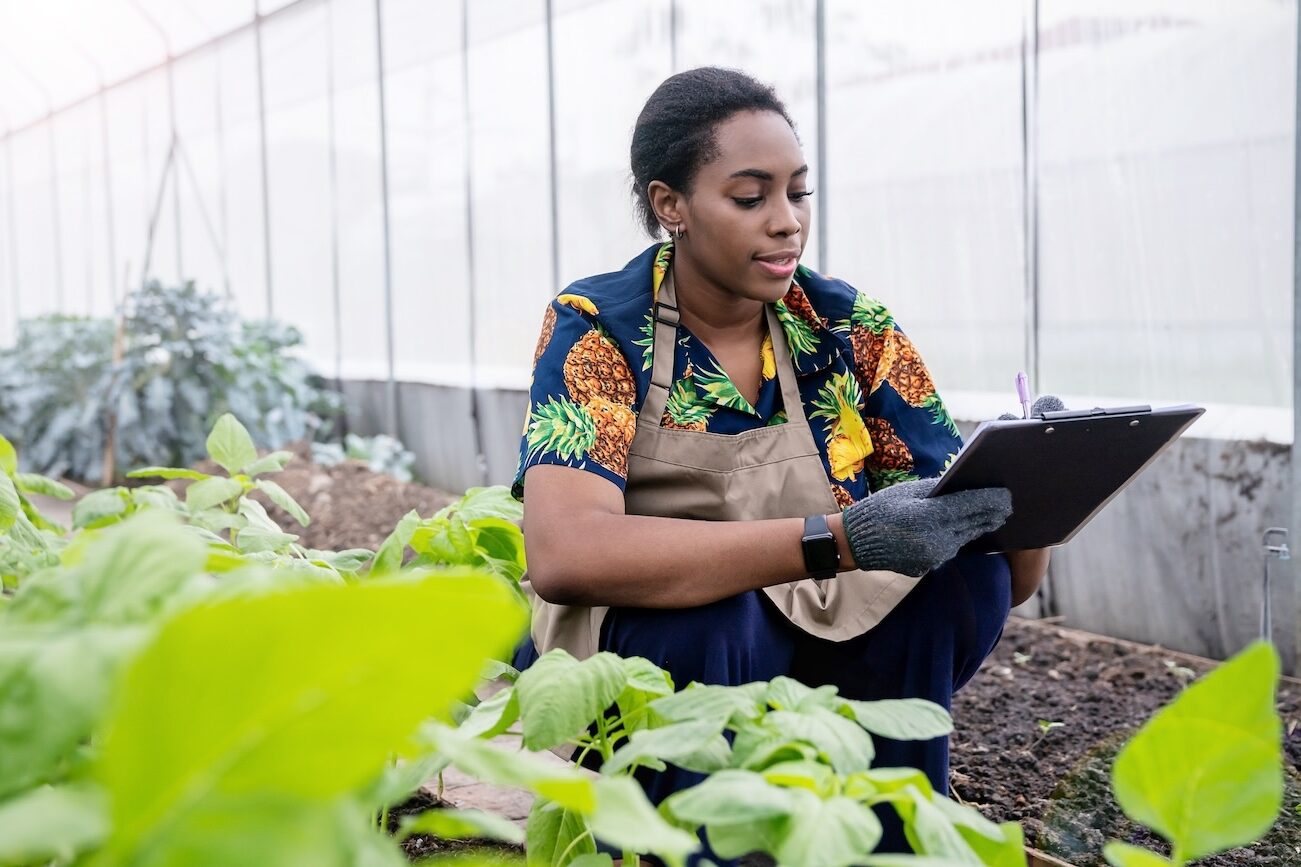ECOSOC at 80: Renewing Multilateralism in an Age of Global Uncertainty
On 23 January, the United Nations Economic and Social Council (ECOSOC) convened a commemorative session…

Africa stands at a pivotal moment in its agricultural journey, poised to harness innovation and sustainable practices to shape a prosperous future. Today, African agri-food systems are increasingly recognized for their potential to not only ensure food security but also drive economic growth, reduce poverty, and promote inclusive development across the continent.
The continent is witnessing a revolution in agricultural technology and policy innovation. Countries are increasingly investing in digital solutions that enhance productivity, improve market access, and mitigate climate risks. Mobile applications that provide weather forecasts, market prices, and farming tips are empowering farmers with real-time information. Additionally, advancements in irrigation techniques, biotechnology, and precision farming are optimizing resource use and crop yields.
Central to Africa’s agricultural transformation is its youthful population. With over 60% of Africans under the age of 25, youth engagement in agriculture is crucial for driving innovation and sustainable practices forward.
Programs promoting entrepreneurship, vocational training, and access to finance are empowering young farmers to embrace agriculture as a viable and attractive career choice.
Simultaneously, the private sector is playing a pivotal role in transforming Africa’s food systems. Companies are investing in agribusiness ventures, from farm mechanization and agro-processing to logistics and retail. The private sector is clearly ready to drive and leverage emerging opportunities presented by the African Continental Free Trade Area (AfCFTA) to transform Africa’s food systems. These will certainly create new employment opportunities and strengthen connections between smallholder farmers and markets, potentially enhancing income stability and food security continent-wide.
Policy-wise, governments are implementing reforms to streamline land tenure systems, strengthen agricultural extension services, and promote sustainable practices. The Comprehensive Africa Agriculture Development Programme (CAADP) stands as Africa’s pivotal policy framework for agricultural transformation, economic growth, and food security. Despite notable achievements since its inception, recent Biennial Review reports reveal Africa is not on track to achieve its Malabo 2025 targets. As the Malabo Declaration nears its conclusion in 2025, a new 10-year agenda is under development, to be endorsed by early 2025 as the continent-wide commitment to sustainable agricultural resilience and growth.
As Africa navigates its agricultural transformation journey, collaboration and innovation remain key drivers of progress. The Africa Food Systems Forum (AFSF), formerly known as the Africa Green Revolution Forum (AGRF), has evolved to serve as a critical platform for stakeholders to collaborate, exchange ideas, and drive collective action towards a sustainable food future.
The upcoming 2024 AFSF in Kigali, Rwanda, is themed “Innovate, Accelerate, and Scale: Delivering Food System Transformation in a Digital and Climate Era.”

These efforts, complemented by innovations and digital technologies, will expedite the shift towards more sustainable, equitable, inclusive, and climate-resilient food systems. The future trajectory of African agriculture promises to be sustainable, inclusive and innovative unleashing the continent’s long established potential as a global food basket. This will deliver immense food security, nutrition and economic growth benefits both in Africa and globally.